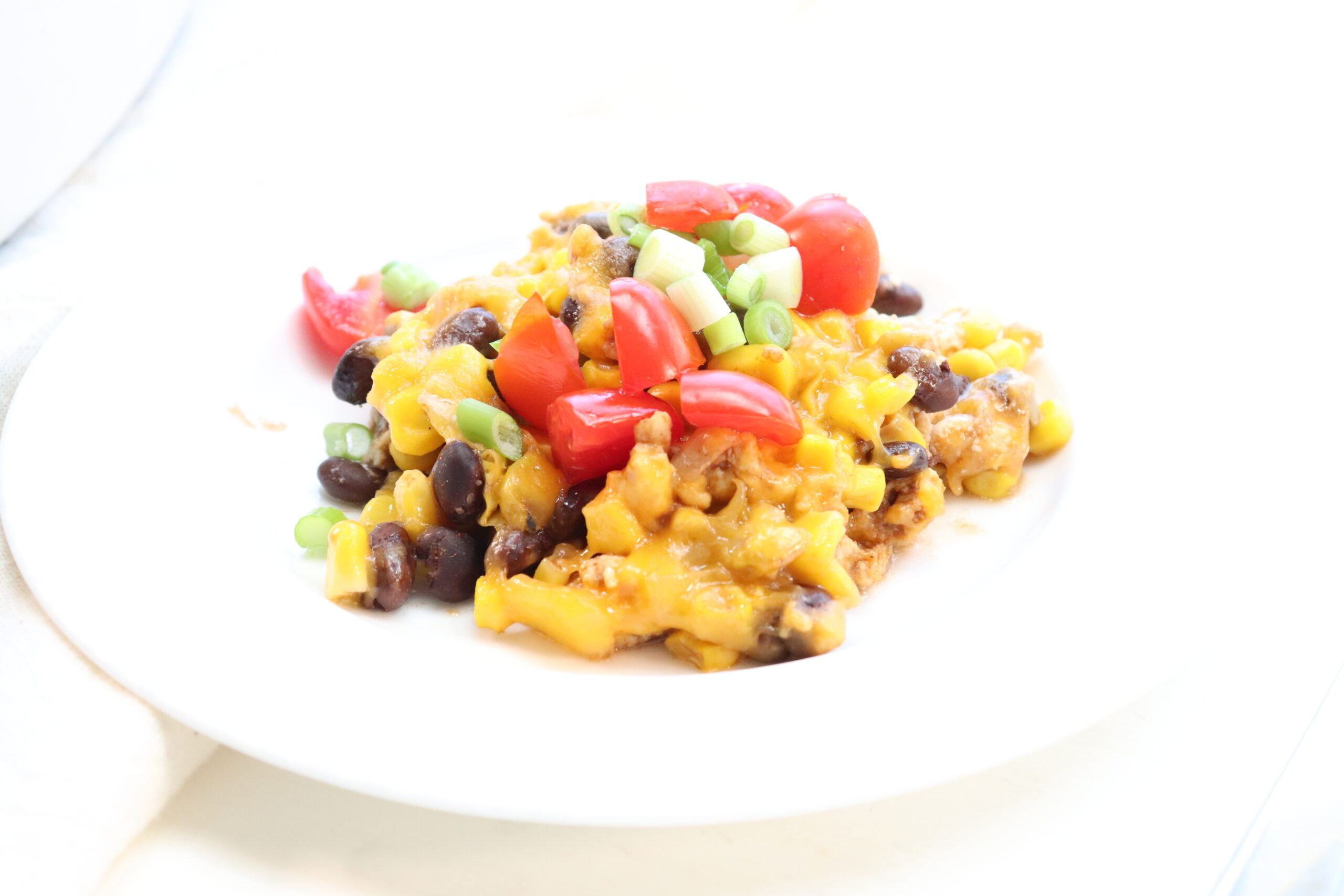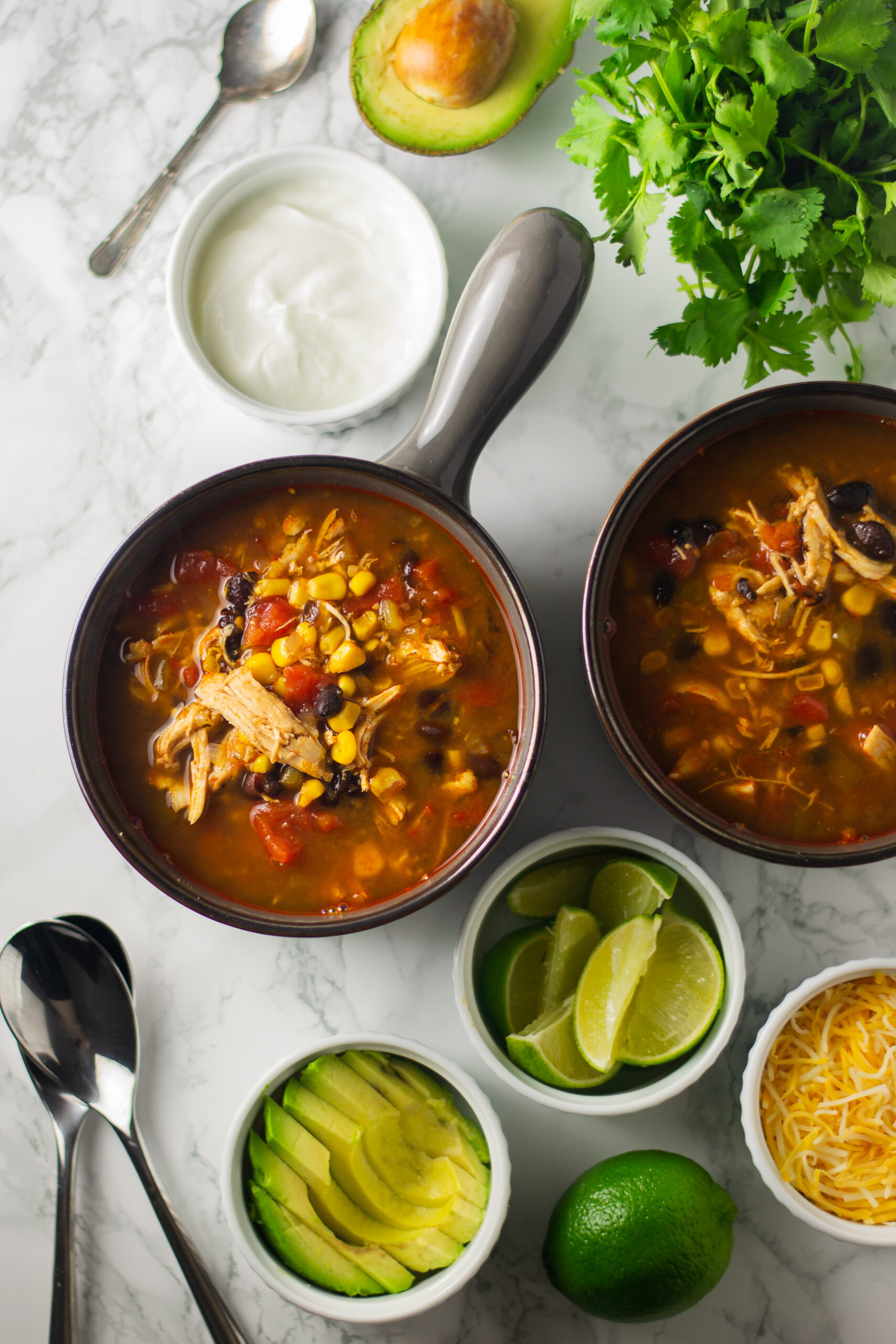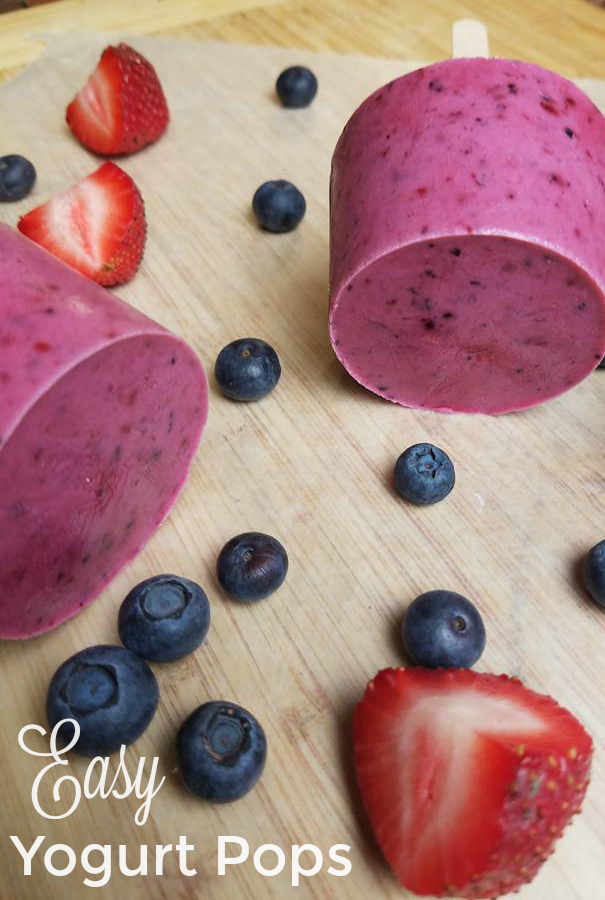Mediterranean cooking embodies the essence of a cuisine that has evolved over millennia, deeply rooted in the culture and lifestyle of the regions that surround the Mediterranean Sea. This way of cooking prioritizes fresh ingredients, simplicity, and robust flavors, contributing to a diet celebrated for its health benefits. With an emphasis on plant-based foods, high-quality fats, and lean proteins, the culinary approach aligns with a healthy lifestyle that is also an inseparable part of the Mediterranean culture.
The foundation of Mediterranean cuisine is built on a few key ingredients that create its distinctive flavor profiles. Olive oil, garlic, herbs like oregano and basil, and fresh vegetables are ubiquitous. The diet is diverse and includes a wide variety of staple foods, such as legumes, whole grains, nuts, and seeds. Seafood also plays a crucial role, with traditional preparations favoring grilling, baking, and aromatic spices. Traditional dishes, from Greek salads to Moroccan tagines, tell a story of the region’s history and the harmonious blend of flavors that define Mediterranean cooking.
Key Takeaways
- Mediterranean cuisine emphasizes fresh, high-quality ingredients and simple preparations.
- Adopting a Mediterranean diet supports a healthy lifestyle, integrating plant-based foods and lean proteins.
- The cultural significance of Mediterranean cooking is reflected in its flavorful staple foods and traditional dishes.
Key Ingredients and Flavor Profiles
Mediterranean cuisine is celebrated for its vibrant flavors and health benefits, stemming from a variety of key ingredients that enrich the dishes with taste and nutritional value.
Olive Oil and Healthy Fats
Olive oil, particularly extra virgin olive oil, is the cornerstone of Mediterranean cooking, offering a subtle fruitiness and peppery finish. You’ll find it drizzled over salads, mixed into dips, and used as a cooking medium. Beyond olive oil, healthy fats like nuts—including almonds, pistachios, and walnuts—and seeds such as sesame seeds contribute crunchy textures and layers of flavor to many dishes.
- Common Healthy Fats: Olive Oil (Extra Virgin, Virgin), Nuts (Almonds, Pistachios, Walnuts), Sesame Seeds
Herbs and Spices
The Mediterranean palate embraces a wide range of herbs and spices. Garlic adds pungency and depth, basil brings a sweet and aromatic essence, while oregano incorporates an earthy punch. Others like parsley, rosemary, sage, and thyme offer fresh, aromatic notes. Vibrant spices such as sumac, cumin, coriander, cinnamon, mint, and pepper are pivotal in creating the distinctive flavors typical of the region.
- Common Herbs: Basil, Oregano, Parsley, Rosemary, Sage, Thyme
- Common Spices: Sumac, Cumin, Coriander, Cinnamon, Mint, Pepper
Fresh Produce
The Mediterranean diet is abundant with fresh produce. Vegetables like tomatoes are a staple, embodying the essence of the region’s cuisines. Beans, legumes, and a variety of whole grains like barley, quinoa, and farro form the basis of many hearty dishes. An array of fruits complements meals as a sweet note or as part of savory dishes, rounding out the fresh, healthful profile of Mediterranean cooking.
- Vegetables and Grains: Tomatoes, Beans, Legumes, Barley, Quinoa, Farro
- Fruits: Wide variety, integral to the cuisine
Incorporate these ingredients into your own cooking to capture the essence of the Mediterranean, known for being as delicious as it is nutritious.
Staple Mediterranean Foods
You’ll find that the foundation of Mediterranean cuisine lies in its diversity of grains, fresh proteins, and a variety of dairy products, each lending distinct flavors and nutrition to the region’s dishes.
Grains and Breads
Mediterranean cooking relies heavily on whole grains. Rice and pasta serve as key staples, with dishes like risotto and various pasta creations central to the cuisine. Traditional breads and flatbreads are also vital, often used as utensils for scooping food or soaking up flavorful sauces.
- Grains: Rice, Pasta
- Breads: Pita, Focaccia
Proteins
Seafood features prominently in the Mediterranean diet; fish is consumed regularly, with tuna and sardines being particularly popular due to their availability and health benefits. Plant-based proteins like chickpeas and lentils are essential, both for their nutrition and their role in classic dishes. Poultry and eggs also provide important protein sources.
| Category | Examples |
| Seafood | Fish, Tuna, Sardines |
| Plant-based | Chickpeas, Lentils |
| Poultry | Chicken, Eggs |
Dairy and Alternatives
Dairy products bring flavor and richness to Mediterranean cooking, especially in Aladdin Mediterranean Cuisine. Cheese varieties such as feta and halloumi are ubiquitous. Milk and its derivatives are key in both sweet and savory dishes. Tahini, a paste made from sesame seeds, serves as a dairy alternative, providing a creamy texture and nutty taste.
- Dairy: Cheese, Milk
- Alternatives: Tahini
Traditional Mediterranean Dishes and Preparations
The Mediterranean region is renowned for its diverse and flavorful cuisine, which features a bounty of fresh ingredients prepared in time-honored ways. Here, you’ll learn about staple dishes and sides that are essential to the Mediterranean diet.
Signature Meals
When you think of Mediterranean meals, pizza and pasta likely come to mind. Renowned Italian pizza starts with a simple yet perfect base of dough, layered with tomato sauce and fresh mozzarella, often garnished with basil leaves.
- Margherita Pizza: Traditional toppings include tomatoes, mozzarella cheese, fresh basil, salt, and extra-virgin olive oil.
- Pepperoni Pizza: Features thinly sliced pepperoni, mozzarella cheese, and sometimes bell peppers or olives.
Moving on to the revered pasta, which holds a place of pride in Italian cuisine, you’ll find a wide variety of preparations:
- Spaghetti Carbonara: A rich sauce made from eggs, Pecorino Romano cheese, pancetta, and black pepper.
- Lasagna: Layered pasta with ragù (meat sauce), bechamel sauce, and cheese, baked to perfection.
Outside of Italy, risotto embodies the essence of comfort food, creamy rice cooked slowly in a flavorful broth, often elevated with ingredients like mushrooms, seafood, or saffron.
Side Dishes and Accompaniments
The Mediterranean side dishes add nutrients and a punch of flavor to any meal.
- Hummus: A smooth, rich dip made from pureed chickpeas, tahini, lemon juice, and garlic.
- Tzatziki: A refreshing Greek yogurt-based sauce with cucumber, garlic, and herbs.
- Tapenade: A savory spread originating in Provence, typically made from finely chopped olives, capers, anchovies, and olive oil.
Accompaniments range from roasted vegetables, often seasoned with herbs and olive oil, to various olives eaten as is or used as a flavorful addition to dishes. Here is a simple list to reference:
- Hummus: Pair with pita bread or raw vegetables for dipping.
- Tzatziki: Serve alongside grilled meats or spread on flatbreads.
- Tapenade: Perfect as a spread on crostini or as a stuffing for poultry.
- Roasted Vegetables: Mix of zucchini, bell peppers, eggplant, and onions, typically seasoned with thyme, rosemary, or oregano.
These dishes and sides are not only a testament to the rich culinary traditions of the Mediterranean but also to the importance of simple, quality ingredients prepared with care.
Health Benefits and Dietary Considerations
You tap into many health benefits when incorporating Mediterranean cooking into your diet. This culinary tradition is esteemed for promoting heart health due to its high use of olive oil, nuts, and fish, which provide beneficial fats.
- Olive Oil: Rich in monounsaturated fats, linked to reducing heart disease risk.
- Nuts and Seeds: Contain essential fatty acids and fiber, supporting cardiovascular health.
- Fish: High in omega-3 fatty acids, known for lowering inflammation and aiding heart health.
Adhering to a Mediterranean diet can also be instrumental in managing and preventing type 2 diabetes. Whole grains and legumes, staples in this diet, have a low glycemic index, which helps maintain steady blood sugar levels.
| Key Components | Benefit |
| Fruits & Vegetables | High in fiber, vitamins, and antioxidants |
| Whole Grains | Improve blood sugar control |
| Legumes | Source of protein and fiber |
Consuming these foods in moderation is crucial to enjoy their advantages fully. The Mediterranean diet minimally includes added sugars and heavily processed foods, focusing more on wholesome ingredients contributing to a healthy diet.
Remember, individual dietary needs can vary, so it’s important to adapt these general guidelines to your personal health requirements. Always consult a healthcare provider or a dietitian when making significant dietary changes.
Frequently Asked Questions
This section will provide precise information about the staples you need to embrace Mediterranean cooking, from herbs to proteins.
What staples should I always have on hand for Mediterranean cooking?
To experiment with Mediterranean cooking, ensure your pantry includes olive oil, garlic, onions, lemons, and various fresh and dried fruits and vegetables. Keeping a good stock of legumes like lentils and chickpeas is also essential.
Which herbs and spices are essential for authentic Mediterranean flavors?
Herbs such as basil, oregano, rosemary, thyme, and dill are fundamental to Mediterranean dishes, as are spices like saffron, cumin, and coriander. Fresh mint is also frequently used to add a refreshing touch to meals.
What are some popular vegetables used in Mediterranean cuisine?
Bell peppers, tomatoes, zucchini, eggplant, and leafy greens like spinach and kale are popular vegetables for many Mediterranean dishes. Artichokes and cucumbers are also widely utilized.
Can you list the primary sources of protein in the Mediterranean diet?
The Mediterranean diet favors proteins like fish, shellfish, poultry, legumes, nuts, and seeds. Red meat is eaten less frequently, and when included, it’s usually in small portions as part of a larger, plant-forward meal.
What types of fats are most common in Mediterranean recipes?
Olive oil is the most prominently used fat and is a healthy monounsaturated fat. Other common fats include those from nuts, seeds, and fatty fish, contributing significantly to the health benefits of the Mediterranean diet.
Which grains are considered fundamental in Mediterranean meals?
Whole grains are a cornerstone in the diet, with bulgur, farro, barley, couscous, and whole-grain bread regularly on the menu. These grains provide essential nutrients and are often used as a base for salads, sides, and main dishes.











Leave a Reply